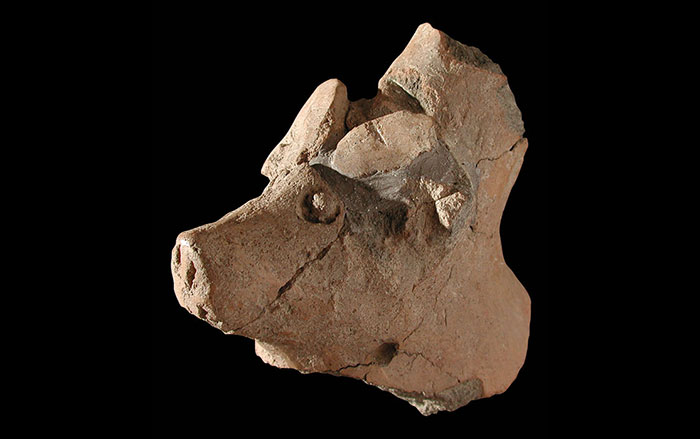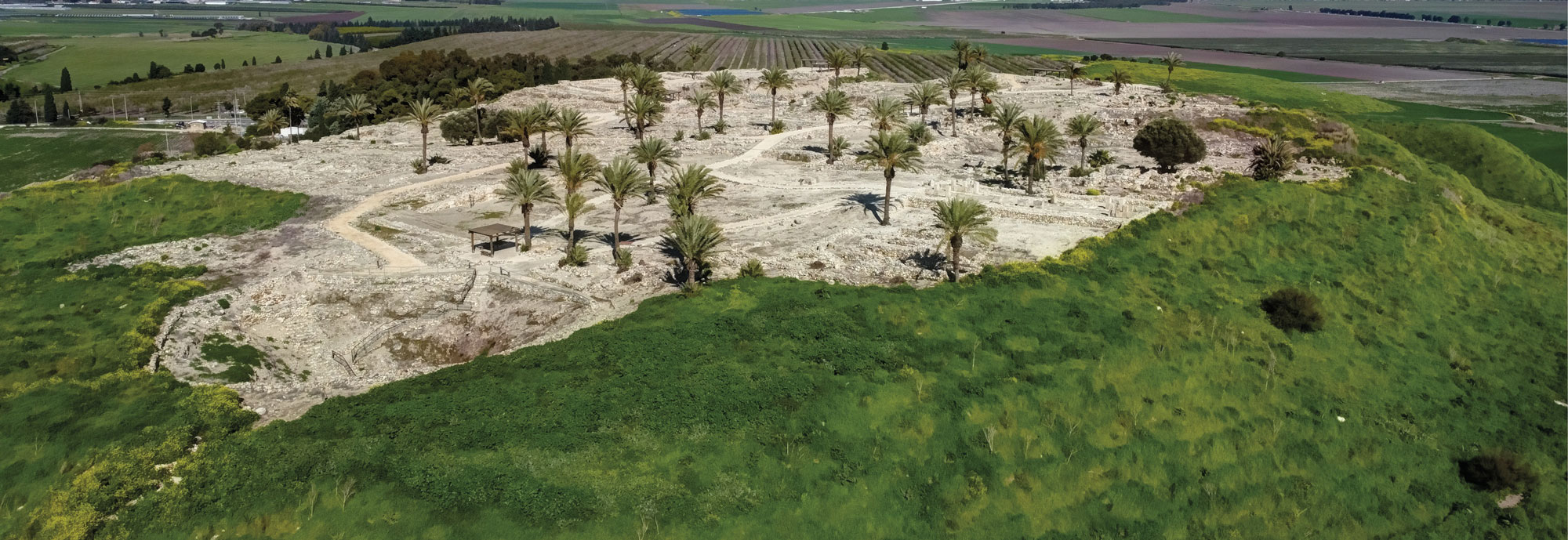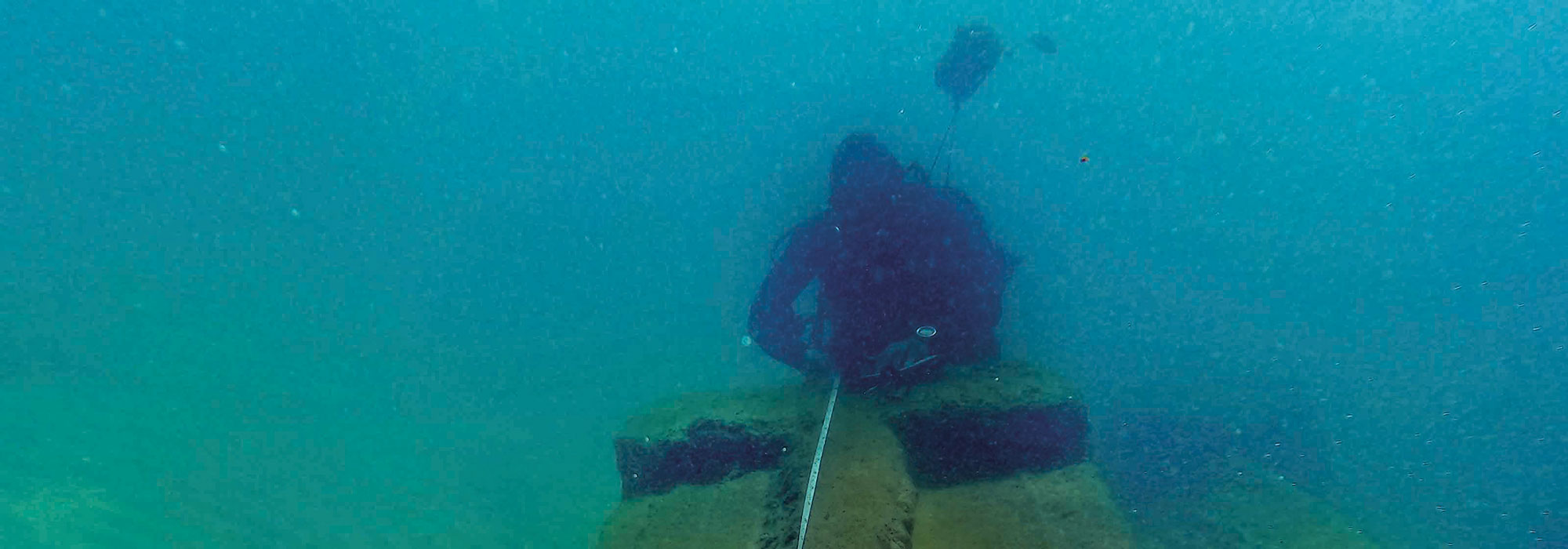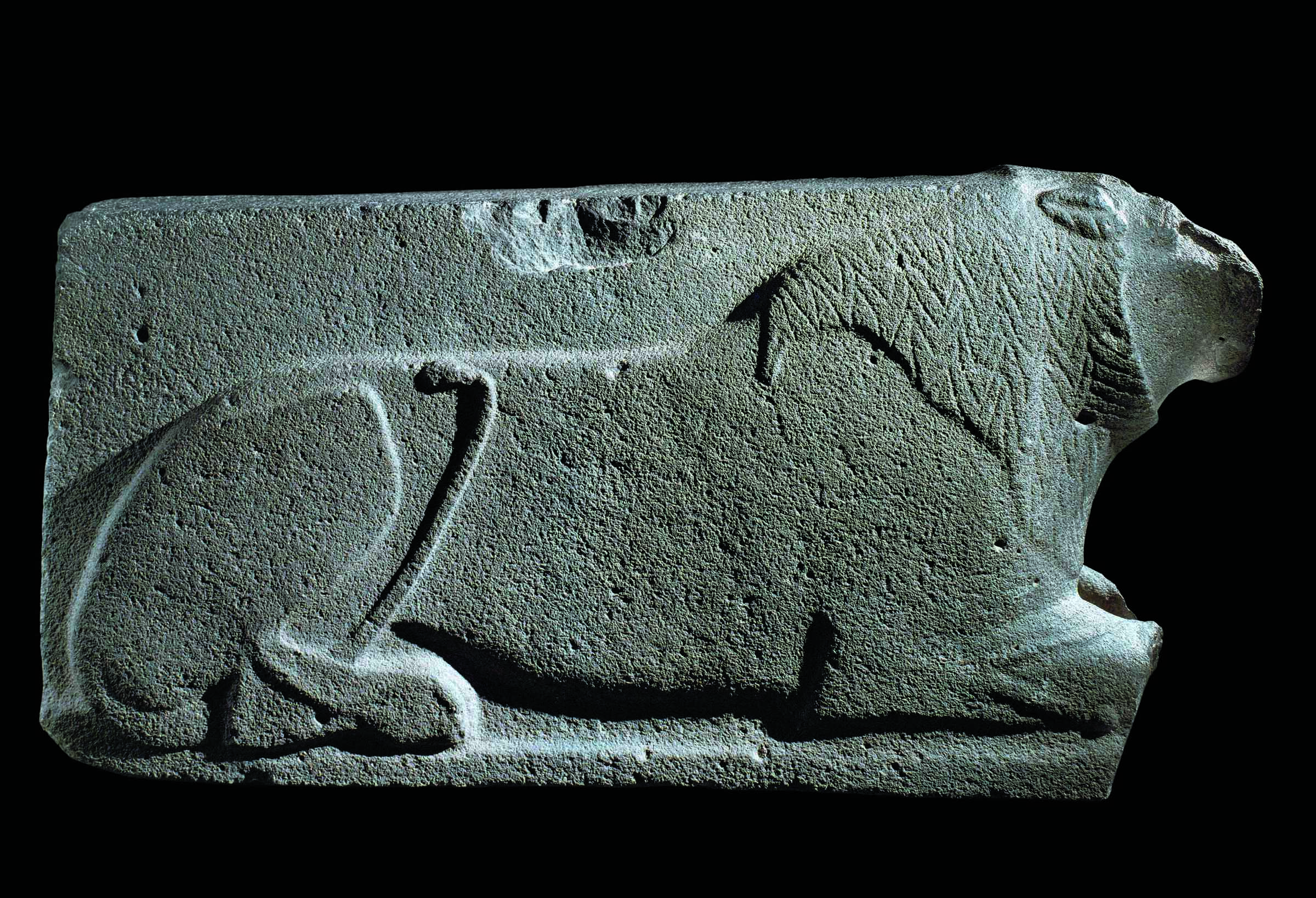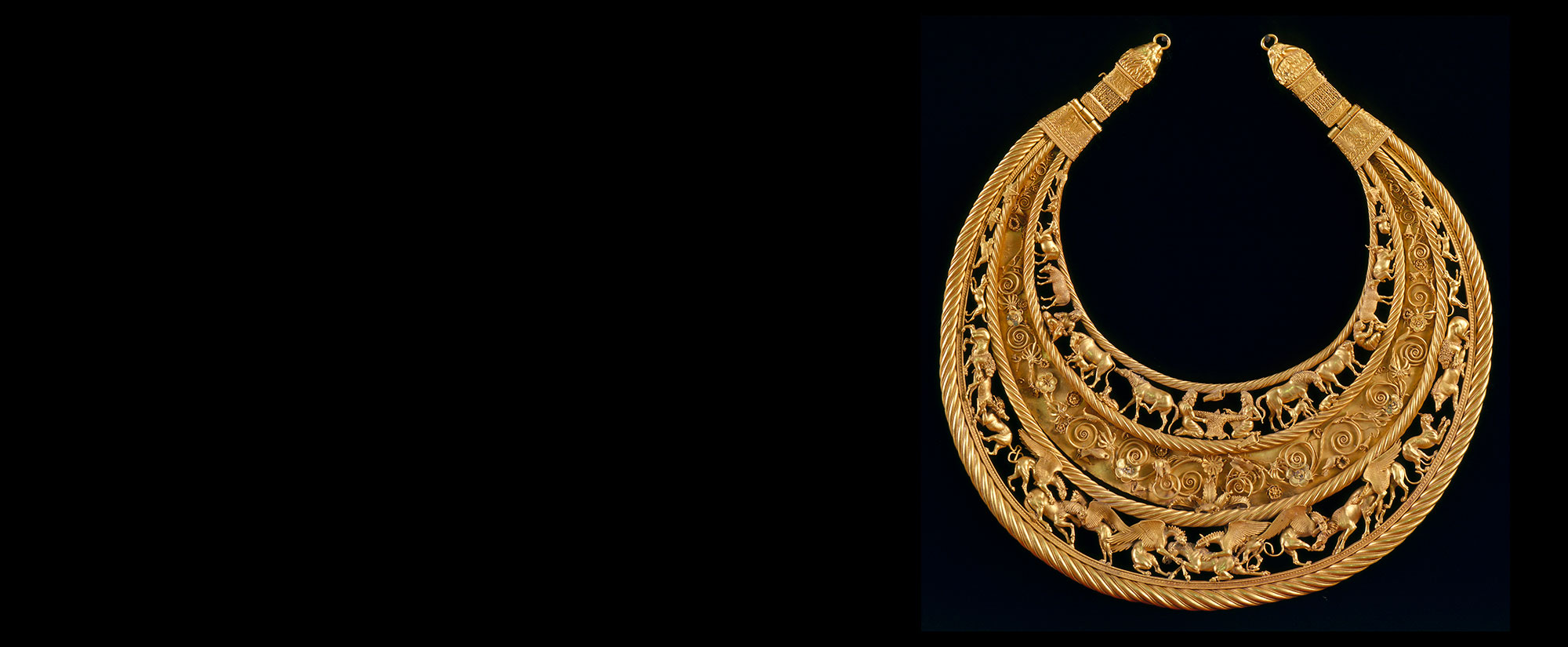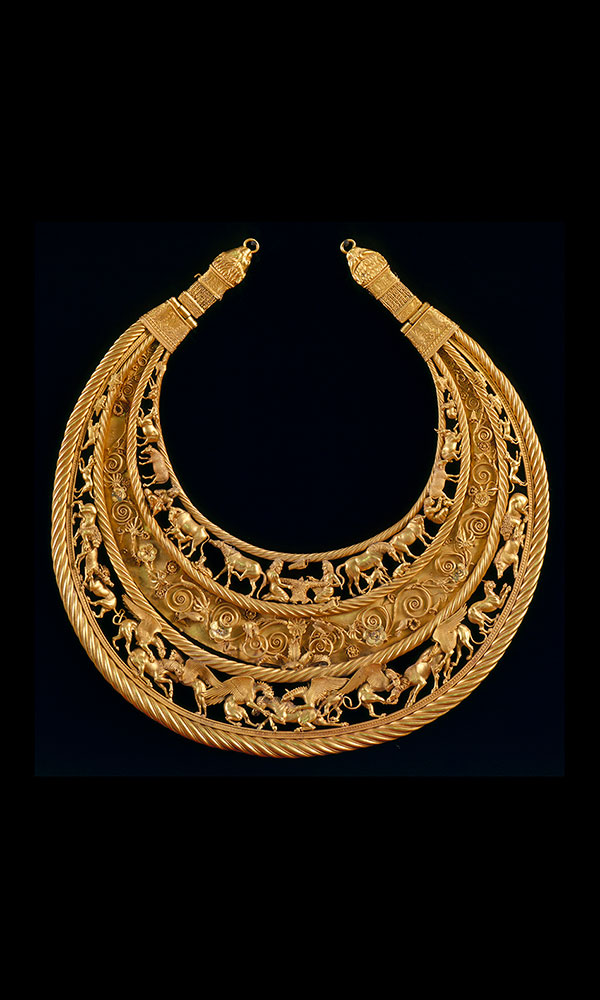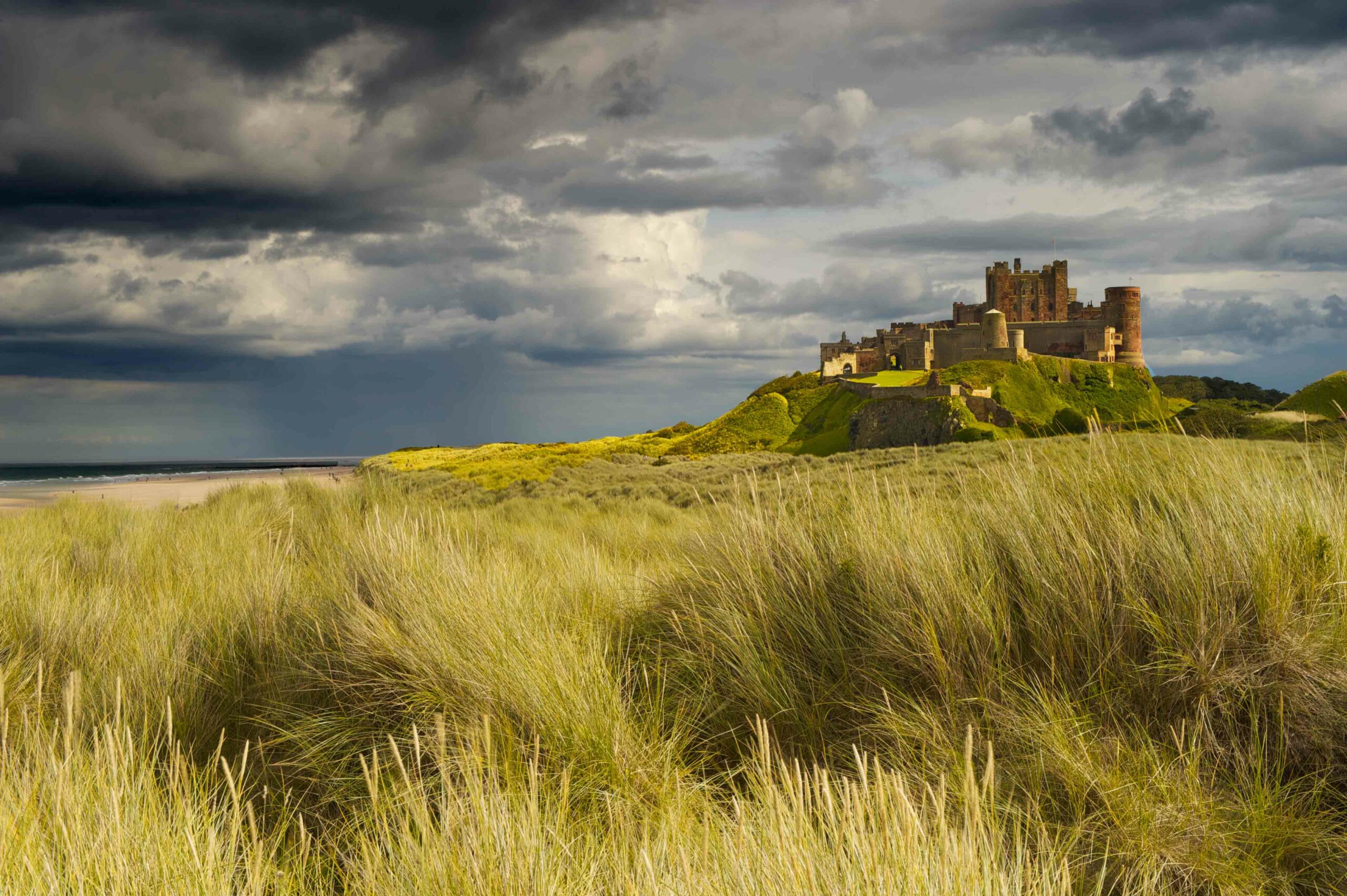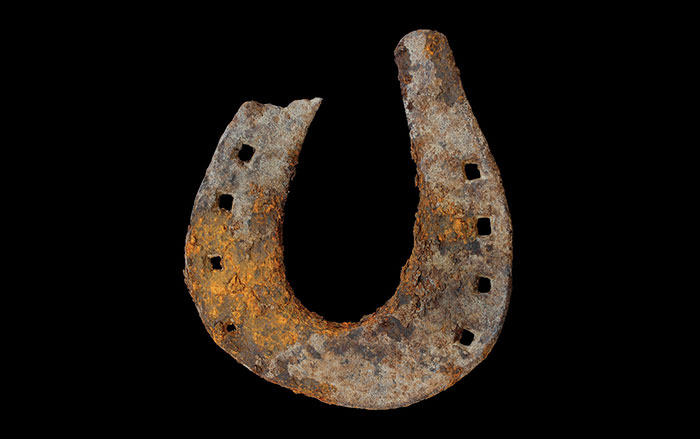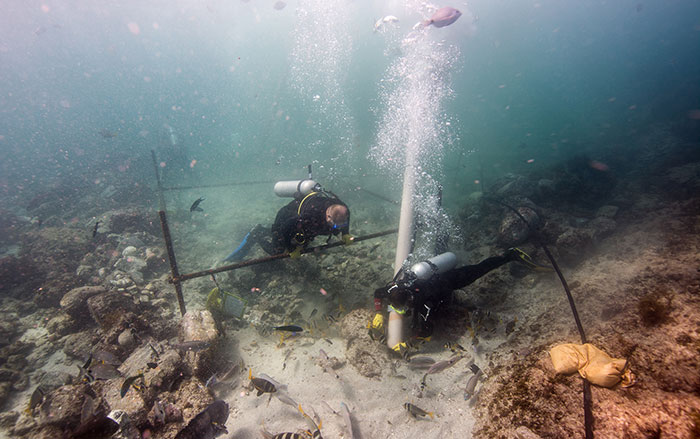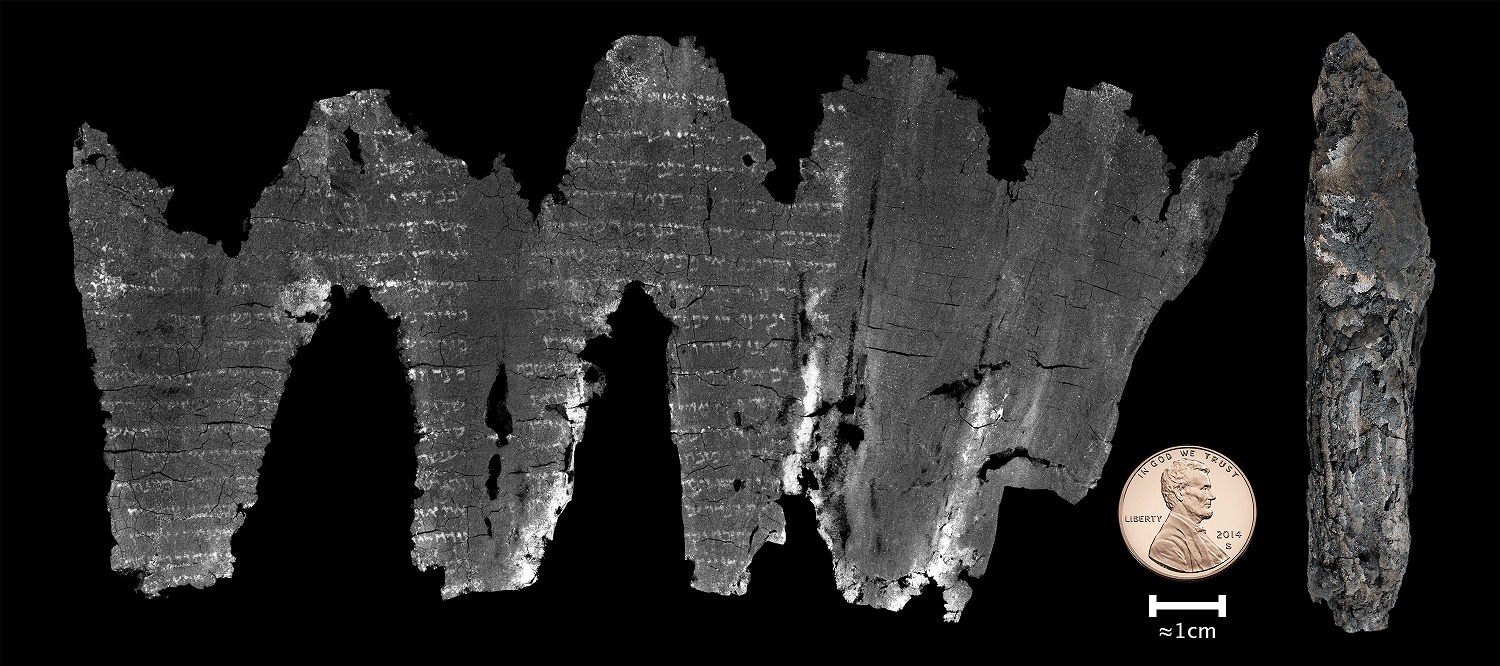
LEXINGTON, KENTUCKY—Live Science reports that a team from the University of Kentucky has “virtually unwrapped” the En-Gedi scroll using X-ray-based micro-computed tomography scans. The scroll was discovered in the Holy Ark at the synagogue at En-Gedi, which was destroyed by fire around A.D. 600. The team, led by computer scientist Brent Seales, first identified each of the five layers of parchment in the scroll. Then they created a virtual geometric mesh for each of the layers to help make the text, written with an ink containing metal, more visible. In the last step, the researchers digitally flattened the scroll and merged the layers into one, 2-D image. The text, placed in two columns, consists of 35 lines of Hebrew. Biblical scholars now know that the En-Gedi scroll contains the beginning of the Book of Leviticus, the third of the five books in the Jewish Torah. And the text is identical to the text of the Book of Leviticus in medieval Hebrew Bibles. “This is quite amazing for us,” said Emanuel Tov, professor emeritus of the Hebrew University of Jerusalem. “That in 2,000 years, this text has not changed.” To read about a similar project, go to "The Charred Scrolls of Herculaneum."


